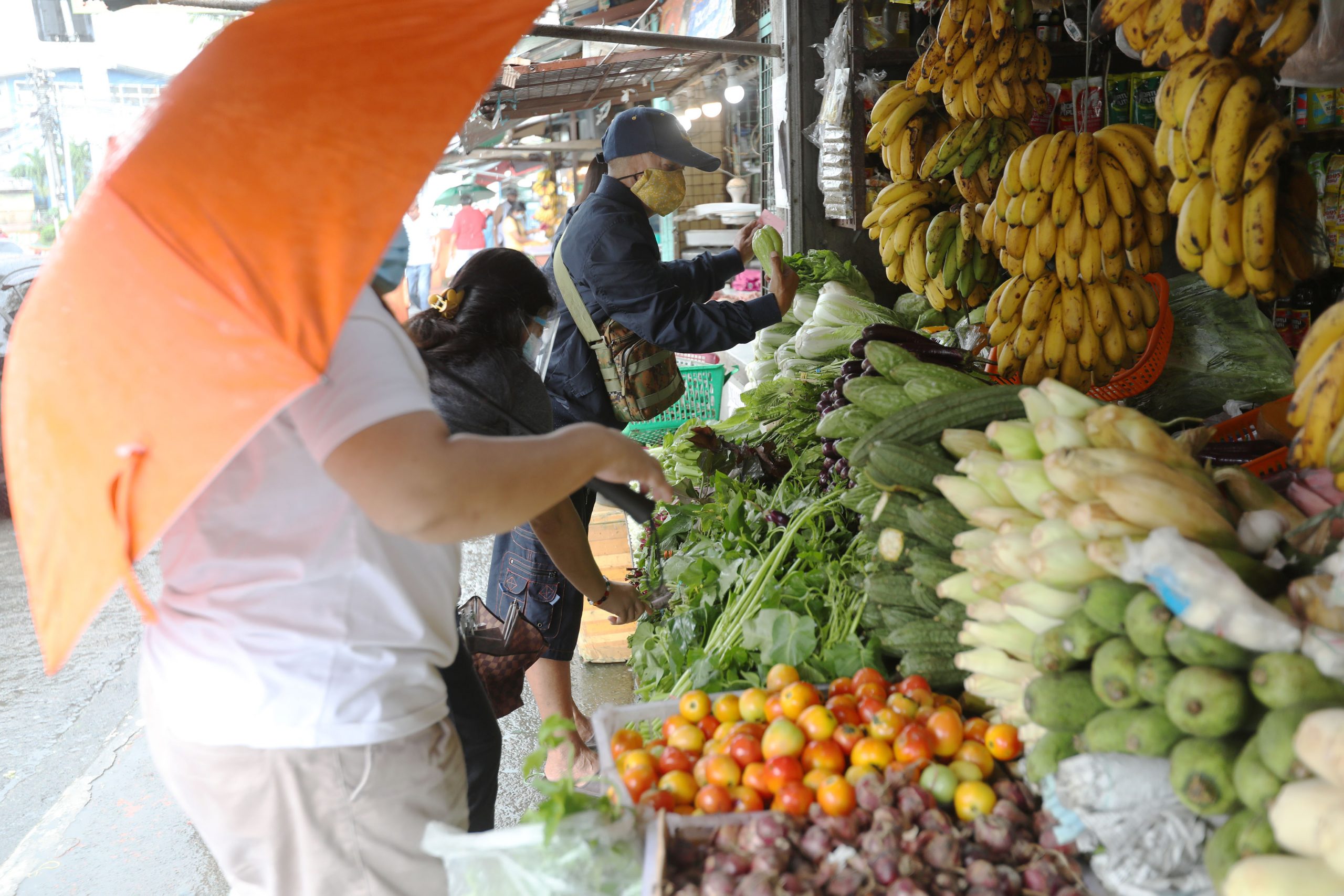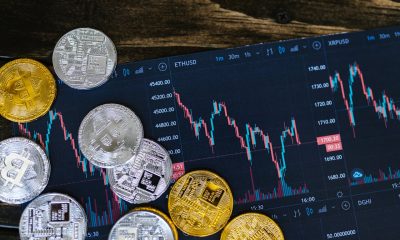Headline
Uptick in July inflation already ‘expected, factored in’: Palace

FILE: Several customers select the vegetables and other food items on display at a stall at the Vcast Market in Caloocan City on Tuesday (August 3, 2021). People are allowed to go out but need to follow the protocol on a heightened health safety protocol of the government. (PNA photo by Oliver Marquez)
MANILA – Malacañang on Friday said it has already anticipated the uptick in the country’s inflation because of global events such as the Russia-Ukraine war, the ongoing coronavirus disease 2019 (Covid-19) pandemic, and Covid-related lockdowns in China.
Press Secretary Trixie Cruz-Angeles made this remark after the Philippine Statistics Authority (PSA) reported that the domestic rate of price increases rose further to 6.4 percent last July.
This is the fourth consecutive month it breached the government’s 2 to 4 percent target inflation band, and the highest rate since October 2018.
“I understand that these were projected even before given the inputs due to the international events that have led to the increase in the prices of petroleum,” Cruz-Angeles said in a Palace briefing.
Cruz-Angeles said all of these had already been factored in and was even mentioned in President Ferdinand Marcos Jr.’s first State of the Nation Address (SONA) on July 25.
In his speech, Marcos said inflation has accelerated in recent months mainly due to significant increases in international prices of oil and other key commodities.
Marcos said the average inflation for 2022 is projected to range from 4.5 to 5.5 percent following the uptick in fuel and food prices due to the ongoing Russia-Ukraine conflict and the disrupted supply chains.
“So, yes, it’s part of it. We have expected this. We’ll just wait until it evens out and the details of which should be asked of the DOF (Department of Finance),” Cruz-Angeles said.
The average inflation in the first seven months this year stood at 4.7 percent.
Inflation last June stood at 6.1 percent while it was at 3.7 percent in July 2021.
House ways and means committee chair and Albay Representative Joey Salceda, meanwhile, said he would strongly recommend to the House leadership to tackle the Bayan Bangon Muli special powers bill to ensure that the President has the latitude to manage price, supply, and logistics bottlenecks.
“The most important concern of the government will remain food security, food sufficiency, and food prices,” Salceda said.
He also suggested that adjustments in monetary policy can be used only to adjust to global conditions, but “they are no substitutes to supply and price solutions in the real economy”.
In a statement, the Bangko Sentral ng Pilipinas said the inflation print last month is within its 5.6 to 6.4 percent target range for July and is consistent with its “assessment of elevated price pressures over the near term on firmer indication of second-round effects.”
The BSP said risks are coming from the impact of the Russian-Ukraine conflict on prices of non-oil commodities in the international market, as well as the potential second-round impact of elevated oil prices on prices of goods and services.
It also assured that it will “take all necessary policy action to bring inflation toward a target-consistent path over the medium term and deliver on its primary mandate of price stability.”



























